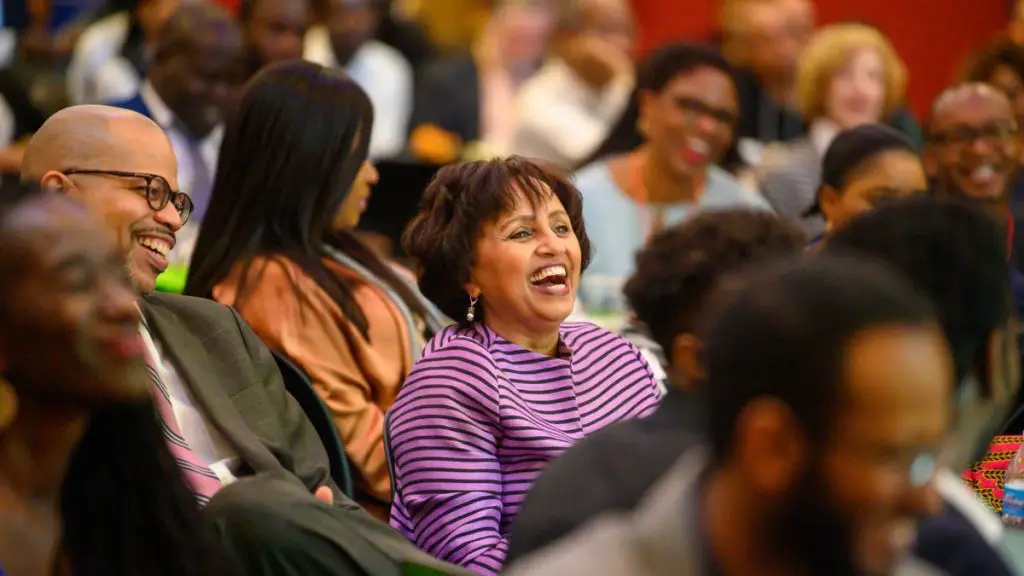The African Diaspora Network (ADN) has been instrumental in not only offering a platform for dialogue, action and innovation but also driving investment opportunities in the continent, pertinently through their flagship symposium. The African Diaspora Investment Symposium (ADIS), fosters the entrepreneurial and innovative spirit of Africans in the diaspora together with their champions. The event
[elementor-template id="94265"]
